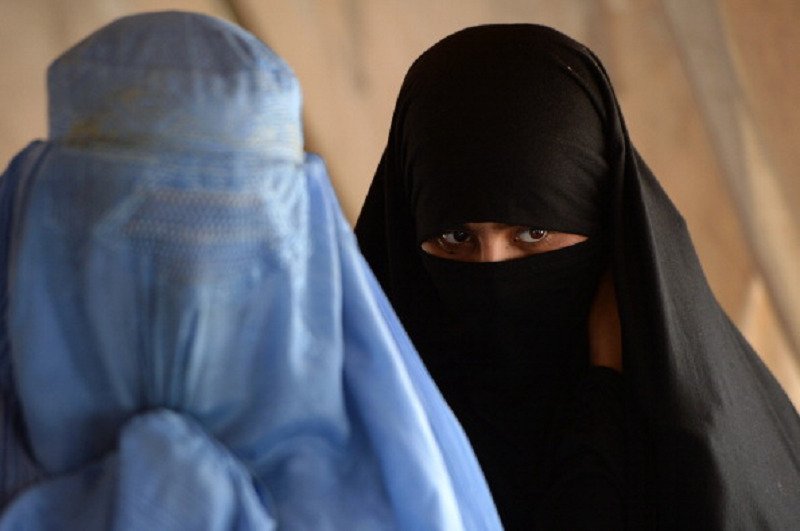Egyptians are divided over recent niqab ban at schools.
The niqab, a face-covering veil, has been prohibited for female students in Egypt from Monday, according to a government announcement, yet locals have differing views on the issue.
Education Minister Reda Hegazy reportedly stated that pupils had the “optional” right to decide whether or not they will cover their hair at school in a statement that was made public on Monday, according to the Egyptian publication Ahram.
She clarified, however, that the pupils’ faces cannot be covered if they wish to cover their hair.
“Any form of hair covering that contravenes the condition of the face being visible is not acceptable and the hair covering should be in the color chosen by the ministry and local education directorate,” she added.
It’s pretty clear from the statement that the restriction will be in effect beginning on September 30 of this year’s academic year and lasting until June 8, 2024.
An Islamic country has banned hijab at schools. Its ok as not in Bharat. Where is Rana, Saba, Shabana, Arfa?
“The Egyptian government has banned female students from wearing the niqab, a face-covering veil, at schools, according to state-owned media.”https://t.co/kcYAVT5WTn pic.twitter.com/5gVoQAHQBs— Krushna (@govindagopala) September 13, 2023
As Egyptians divided over recent niqab ban at schools, Al Jazeera asked Egyptians about the ban, and they responded anonymously with a range of perspectives, leaving the country divided on the matter.
The niqab is not permitted to be worn at schools, according to a 33-year-old marketing manager from Alexandria, who claims that doing so obscures what ought to be a “transparent” teaching process.
“Anything that obscures teachers from properly reading the student’s body language and facial expression to be able to help them or show necessary attention should not be allowed at schools,” he said.
Another Alexandria local also agreed with the government’s ban, saying that the implementation of this decision is necessary from a security perspective.
“School authorities should be able to identify people going in and out of schools,” the 38-year-old architect said, adding that niqab-wearing students often feel alienated in mixed or segregated schools, and the ban may prompt some parents to transfer their children from mixed schools to female-only ones.
However, a writer from Cairo, age 45, believes that the government’s move is only the most recent example of how women are used as “punching bags… socially, politically, and economically.”
“Doesn’t matter under what pretext, or none … females always pull the short straw,” she said.
“A story as old as time and one that continues to be written and many applaud/decry it depending on which lens they have slapped on to see the world.”
She said: “With France banning the abaya and the burkini, Egypt following suit with the niqab ban and before that the US Supreme Court overturning Roe v Wade and the Taliban continuing to severely constrain and constrict females from basically living – the policing of women’s bodies continues.”
Additionally, a 33-year-old civil engineer, expressed support for women wearing niqab at schools “as it is part of everyone’s freedom”.
“Egypt is a Muslim country,” he said adding that he believed it would be difficult to erase the country’s identity with such a decision.
The government took this decision “to enhance security in all the fields, which I find to be against human rights”, he said.
A student should choose to cover her hair “based on her own personal desire without any pressure or force from any person or any other entity other than the parents,” the statement announcing the ban reads, alluding to local religious movements and groups.
It was specified in the statement that parents should be informed of their daughter’s choice and that the authorities will check the guardians’ comprehension of the student’s choice.
While the niqab is more common among ultraconservatives, the hijab, which covers women’s hair but not their faces, is worn by a majority of Egyptian women.
The wearing of niqabs in public places and educational institutions is a topic of continuing discussion in Egyptian society, with some institutions outright prohibiting niqabs.
The Egyptian judiciary upheld Cairo University’s 2015 ban on the niqab for faculty members in 2016 and 2020, despite appeals, but more recent calls for niqab bans have either been abandoned or denied.
